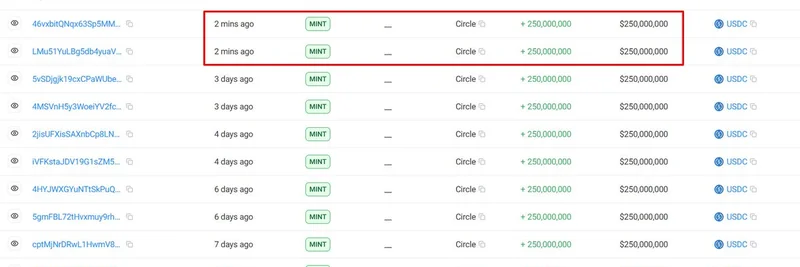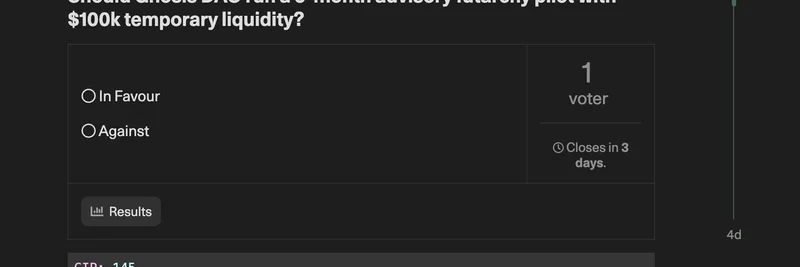In the fast-paced world of decentralized finance (DeFi), security breaches can make or break protocols overnight. Recently, a tweet from @officer_cia has stirred up the crypto community, alleging that Venus Protocol, a popular lending platform on the BNB Chain, left a whopping $500 million in customer funds exposed to a sophisticated hack. What's more, they reportedly refused to pay a promised $1 million bounty to the researcher who helped plug the hole. If true, this could shake trust in DeFi lending platforms and highlight ongoing issues with bug bounty programs.
Let's break this down step by step. Venus Protocol allows users to lend and borrow cryptocurrencies, similar to how traditional banks operate but on the blockchain. Its native token, XVS, plays a key role in governance and as collateral in some cases. According to the tweet, the vulnerability bore striking similarities to the infamous Mango DAO exploit from a couple of years back. In that incident, an attacker manipulated prices to drain funds from the protocol.
Here's how the alleged Venus exploit was set up: The attacker had reportedly accumulated around $5 million worth of XVS tokens across various markets, aiming to corner the supply. Once they had enough control, the plan was to deposit this XVS as collateral on Venus. Then, by pumping the price through large buys on exchanges like Binance, they could artificially inflate the token's value according to the protocol's oracles—price feeds that determine asset values. This manipulation would make their collateral appear worth over $1 billion, allowing them to borrow and withdraw essentially all the total value locked (TVL) in the protocol.
The key difference from Mango DAO? While Mango involved offsetting futures positions to game the system, this Venus scenario was purely spot-market driven on a lending platform. No derivatives, just straight-up market manipulation on illiquid assets. It's a reminder of how vulnerable DeFi can be to oracle manipulations and low-liquidity tokens, which are common in the meme token space where hype can drive prices wild.
The tweet claims a security researcher spotted this brewing attack and alerted the Venus team, potentially saving half a billion dollars in user funds. In return, Venus had promised a $1 million bounty through their bug bounty program, but allegedly backed out after the issue was resolved. This kind of story isn't new in crypto—bounty disputes have plagued projects like Curve Finance and others—but it raises serious questions about accountability. If protocols don't honor their commitments, why would researchers bother reporting vulnerabilities?
For meme token enthusiasts, this hits close to home. Many meme coins operate in similar low-liquidity environments, making them prime targets for such exploits. Venus's XVS, while not purely a meme token, shares traits like community-driven hype and volatility that could amplify these risks. If you're holding or trading meme tokens on lending platforms, this serves as a wake-up call to diversify and stay vigilant about protocol security audits.
As the crypto world evolves, stories like this underscore the need for better oracle designs, like those using multiple data sources to prevent manipulation, and transparent bounty processes. We'll be keeping an eye on Venus Protocol's response—hopefully, they clarify the situation soon. In the meantime, if you're diving into DeFi, always do your own research and consider using platforms with proven track records.
What do you think? Is this a big red flag for Venus, or just another day in crypto? Drop your thoughts in the comments below.



